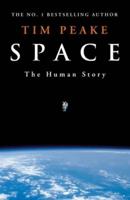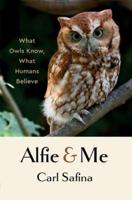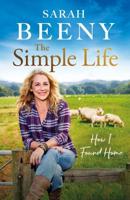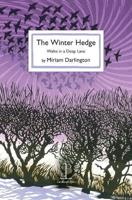Publisher's Synopsis
It has been half a century since Wendell Berry decided to resign from his position as a professor at New York University to return to his native Kentucky. His academic colleagues looked at him in horror when he told them of his decision, and tried to dissuade him when they saw how one of the most lucid thinkers and writers of his generation was going to live in the pastures. What are you supposed to do there, Wendell? Berry went to the wilds of Kentucky to work and live on a few hectares, and to formulate his thoughts from that supposed periphery, linked in an intimate and daily way with the land and its defense. Time seems to have proven him right. Philosopher, novelist, poet and farmer, he is an absolutely referential figure in the United States, in the manner of the country's ecological conscience that seems to speak with the wisdom, calm and lucidity essential to face a time marked by ecocide. Berry challenges traditional ideological categories: the assumed notions of activism and social movement, the very effectiveness of politics on a national and global scale. Towards the right, he denounces the power of companies and capital that devours nature. To the left, he criticizes the rootless individualism that privileges mobility and cosmopolitanism to the detriment of the rural. In this set of essays, Berry talks to us about self-sufficiency (material, but also moral), about the struggles in defense of local culture, about happy sobriety, about the pleasure of working the land, about his absolute rejection of any notion of progress, the abandonment of arrogance, the recovery of amazement in the face of nature... His formula for a good life is simple, and fortunately it does not pretend to be original: go slower, pay attention, take actions and produce things that are worthwhile, love your neighbors, love your home, don't stray too far from it, settle for less, enjoy it more.









